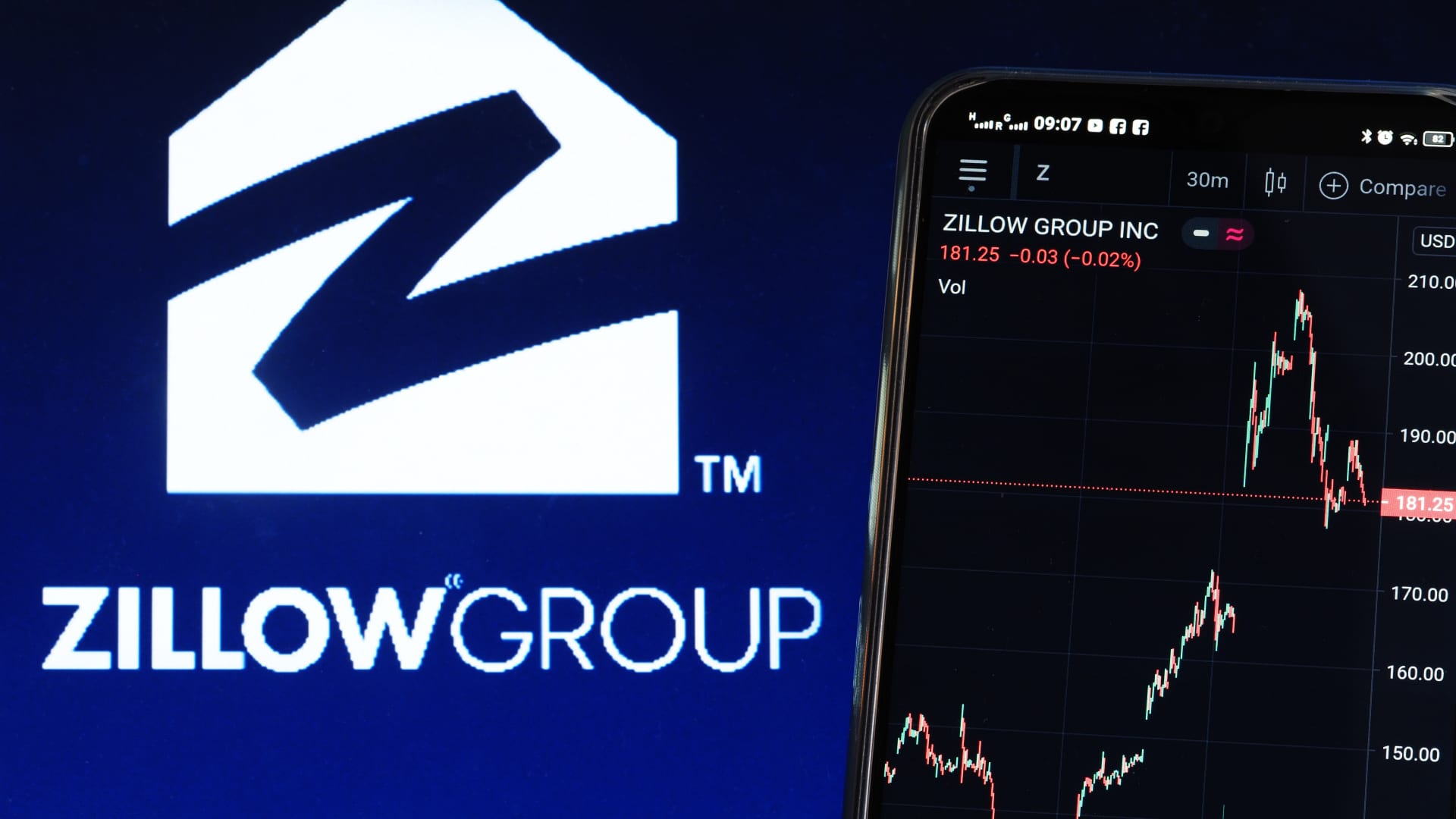A
recent Microsoft study highlights the types of work that are most susceptible to being taken over by generative AI. While customer service and sales are prime candidates for automation, human interaction and emotional support remain essential in many industries.
The study analyzed 200,000 conversations with Bing Copilot users and found that occupations like translation, telemarketing, and sales are highly impacted by AI's capabilities. Travel agents, who have struggled to adapt to online booking platforms, are also at risk due to AI's growing presence.
On the other hand, jobs that require human physical presence, such as nursing, painting, and machine operation, are less likely to be automated. Real estate professionals fall somewhere in between, with AI being useful for tasks like data analysis but lacking emotional nuance and trustworthiness.
The study suggests that while AI can't replicate agent-client relationships, it can help push out less productive agents from the industry. To thrive in the AI era, real estate professionals must learn to harness its capabilities to enhance their work, rather than replace human interaction. As futurist Steve Brown notes, people want to buy homes from trusted advisors – but those who don't use AI will be left behind by competitors who do.














